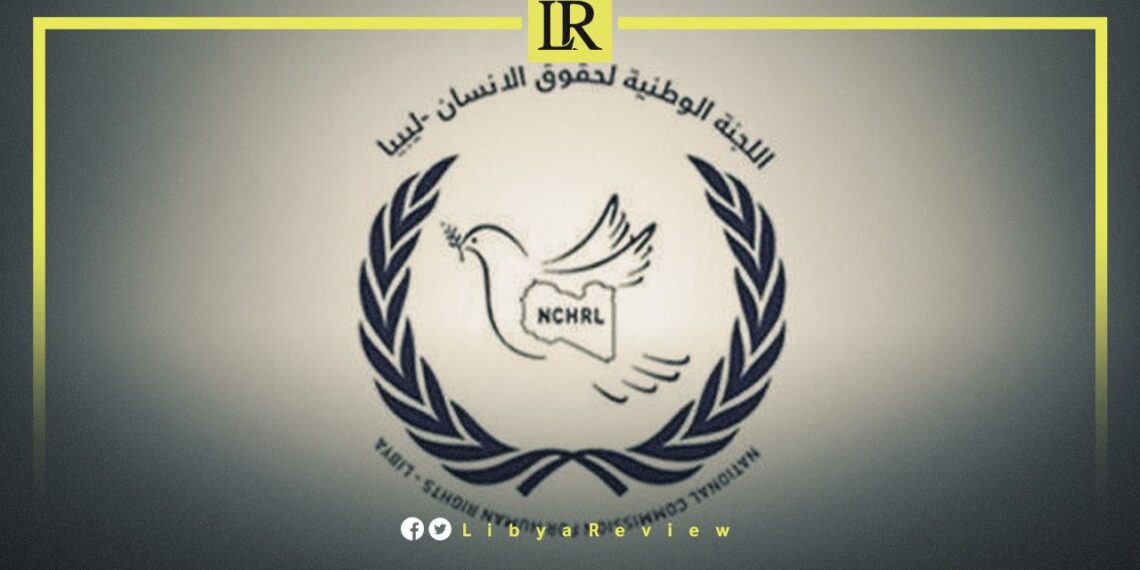On Wednesday, the National Institution for Human Rights in Libya (NIHRL) firmly rejected any plans to resettle migrants within Libya, stressing that the country should not become a permanent destination for undocumented migration.
In a statement, It called for the Ministry of Interior to take full responsibility for handling irregular migration through structured legal, security, and labor mechanisms rather than ad-hoc policies that could fuel instability.
NIHRL emphasized that migration should be managed through voluntary repatriation programs, legal documentation, and better regulation of foreign labor, while avoiding rhetoric that incites hostility or fuels tensions against migrants.
It also warned that the escalation of anti-migrant sentiment and violence poses serious security and legal risks for Libya, urging authorities and citizens to adopt a measured and lawful approach to migration management.
The institution cautioned against the spread of inflammatory narratives on social media and local media outlets, which could encourage violence and acts of retaliation against migrants. It reiterated that hate speech and misinformation not only threaten Libya’s social stability but could also lead to unintended consequences, including international scrutiny and legal challenges.
Libya has been at the center of the Mediterranean migration crisis for over a decade. Following the 2011 overthrow of Muammar Gaddafi, the country became a major transit hub for migrants from sub-Saharan Africa, the Middle East, and South Asia, seeking to cross the Mediterranean to Italy and other European destinations.
However, with ongoing political instability, weak governance, and the absence of a unified migration policy, Libya has struggled to manage the influx of undocumented migrants while also preventing the country from being turned into a holding ground for those blocked from reaching Europe.
The issue of migrant resettlement has become particularly sensitive in Libya, with fears that European migration policies could pressure Libya into absorbing large numbers of undocumented migrants.
The Government of National Unity (GNU) recently denied reports suggesting that it was planning to permanently settle migrants within the country, calling such claims “misleading and false.” However, speculation has fueled public backlash, with growing calls for clear policies to regulate migration and prevent foreign-imposed solutions.
NIHRL reaffirmed that migration must be handled in a way that respects Libya’s sovereignty, ensures national security, and prevents further economic and social strain.
The organization urged the government to focus on voluntary returns, better labor regulations, and stronger border security while ensuring that humanitarian principles and legal rights are upheld. It also called for public awareness campaigns to counter misinformation and prevent violence against migrants, emphasizing that managing migration must not come at the cost of Libya’s social stability or international reputation.


